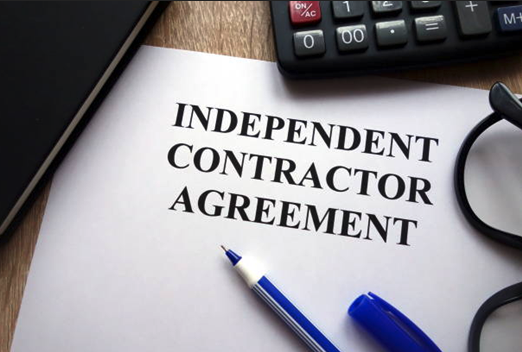Safe Work Australia Seek Feedback on Model WHS Laws
Safe Work Australia has released an impact statement on the recent review of the national model WHS laws, warning that some recommendations may significantly drive up compliance costs for businesses while doing little to actually improve safety.

Safe Work Australia (SWA) has released an impact statement on the recent review of the national model WHS laws, warning that some recommendations may significantly drive up compliance costs for businesses while doing little to actually improve safety.
Marie Boland’s review into the model WHS laws found that while the laws are largely operating as intended, there are some changes needed to provide clarity and to drive greater consistency in the application and enforcement of the laws across jurisdictions.
The review made a total of 34 recommendations including introducing the offence of industrial manslaughter, increasing penalties overall, making it easier for union officials to enter worksites, and banning insurance against WHS penalties. (see related article).
SWA is now seeking feedback on the impacts of implementing the recommendations and proposed alternative options for addressing the problems identified in the review.
One of Boland’s recommendations was to move the concepts underpinning the hierarchy of control measures from the model WHS Regulations to the model WHS Act. She said small businesses in particular were ‘calling out’ to be told what to do to meet their WHS obligations.
However, in its impact statement, SWA claim that while this may increase business certainty, it will also “increase the amount of regulation and could increase costs for some businesses.”
“It could result in an increase in unnecessarily detailed documentation as a way of businesses demonstrating that they have minimised risk according to the hierarchy. This would likely increase costs, particularly for small businesses, and potentially affect business operations (such as delaying the commencement of a particular task until documentation is completed, even where the task involves known risks and controls).”
SWA add that the expected benefit to actual workplace health and safety will be minimal, “because the duty to ensure health and safety under the model WHS Act already requires a PCBU to do all that is reasonable to eliminate or minimise risk, including taking into account the suitability and availability of ways to eliminate or minimise the risk.”
On the issue of mental health, SWA note that psychological health and safety was one of the most frequently raised issues by stakeholders during the 2018 Review. It is now seeking feedback on whether to include requirements for managing psychosocial risks in the model WHS Regulations.
It says additional regulations are unlikely to address the problem of small business experiencing confusion and uncertainty about how to apply the laws to psychological risks in the workplace.
Submissions can be made here until 11.59 pm (AEST) on Monday 5 August 2019.





